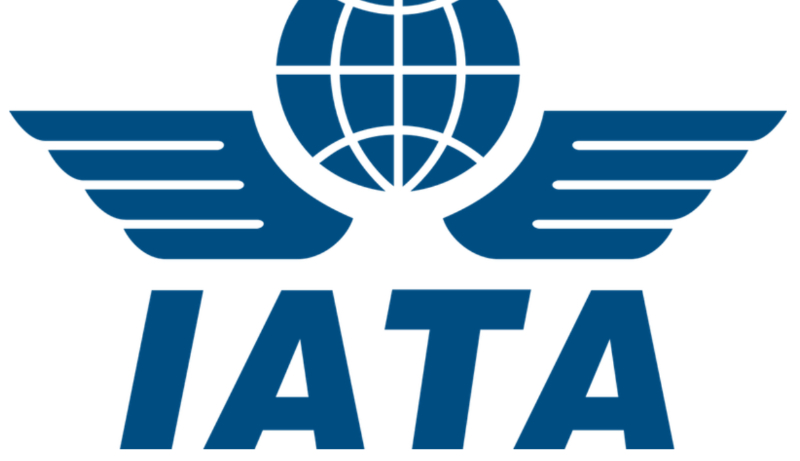The International Air Transport Association (IATA) has called on governments and regulators to encourage stronger European cohesion and economic development by embracing policies to promote greater air connectivity.
Key to this is recognising the different strengths and benefits offered by the diverse types of carriers operating in Europe.
IATA’s Director General, Willie Walsh, said: “Europe, just like the rest of the world, relies on air connectivity, which is vital for society, tourism, and trade. Business users of the European air transport network–large and small—have confirmed this in a recent IATA survey: 82 per cent say that access to global supply chains is existential for their business. And 84 per cent cannot imagine doing business without access to air transport networks. The deregulation that delivered the Single Aviation Market is one of the significant successes of the European project and it would be a travesty if regulations that failed to take proper account of the realities of the airline business were to undermine this achievement. New evidence shows that Europe benefits from many different kinds of airlines and it needs all these different business models and the services they provide to thrive.”
European regulators have chosen to tackle several challenging air transport issues in the coming months, including airport slots, passenger rights, and sustainability. These all have a potential impact on the choice and value that European travelers have come to expect, and it is vital that regulators have the full picture on the contribution different airline business models bring to air connectivity. To assist policymakers, IATA Economics developed a report analysing the extent of the connectivity provided by Low-Cost Carriers (LCCs) and network carriers in Europe. The report shows that they offer different and complimentary types of connectivity, while also competing on many popular routes.
The report was launched at the IATA Wings of Change Europe event being held in Istanbul, Türkiye, 8-9 November.
Its key findings include the number of European-registered LCCs has nearly doubled since 2004 to 35, while the number of network carriers has fallen slightly over the same period (from 149 to 131); the number of passengers on origin-destination non-stop flights within Europe carried by LCCs reached 407.3 million in 2019, compared to 222.5 million for network carriers and within Europe, the number of origin-to-destination flight itineraries served by network carriers is 2-4 times greater than the flight itineraries served by LCCs before the pandemic.
SOURCE: THISDAY


